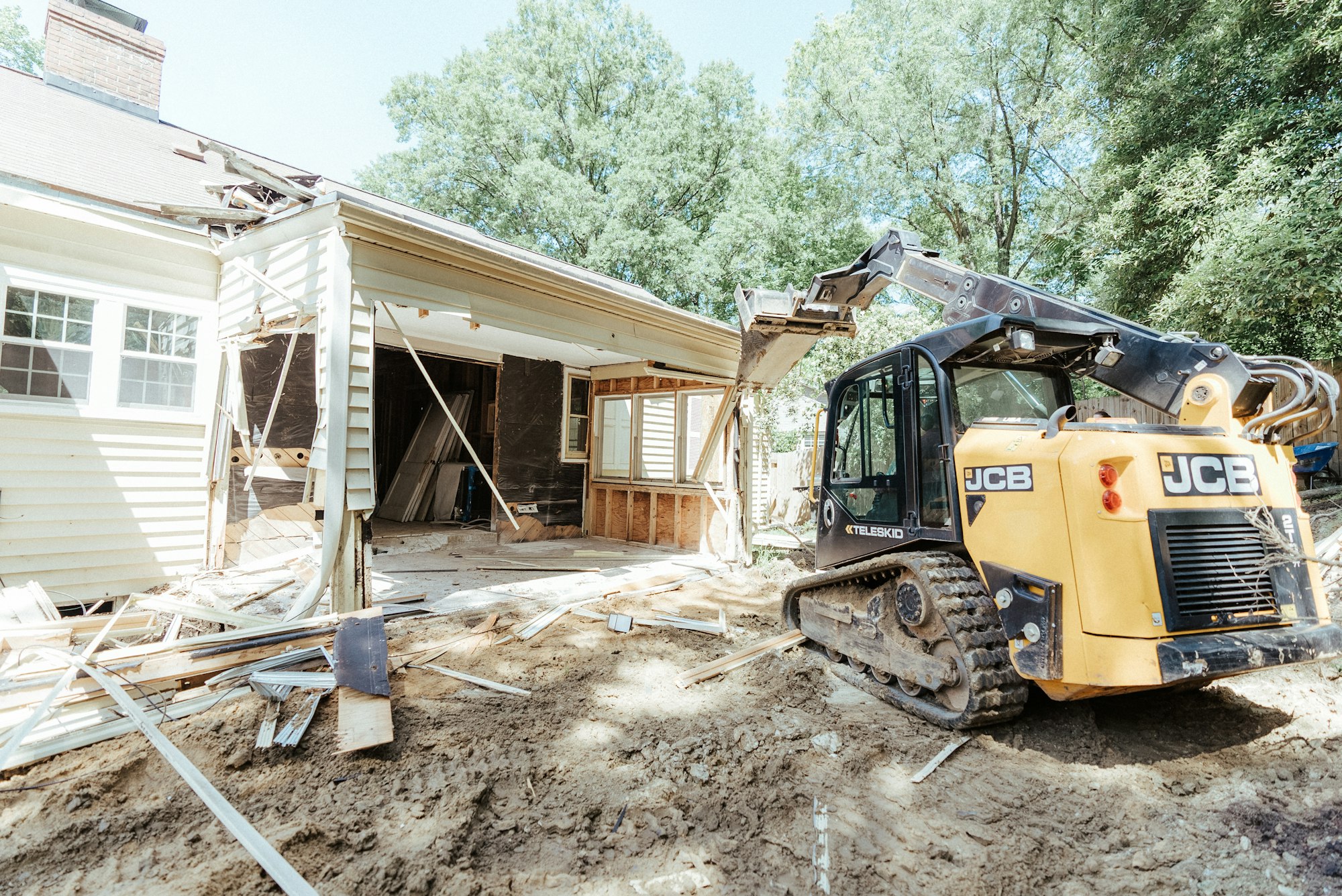In the world of home improvement and renovation, you'll likely deal with tradespeople. While most of these interactions go smoothly, some can lead to disagreements and problems if not handled well.
This guide explores common issues between tradespeople and clients, tips to prevent them, and steps to resolve conflicts.
Common Tradie-Client Conflicts
Renovation projects can lead to conflicts when actions or expectations of one party hinder the progress of the other. According to a CHOICE Consumer Pulse survey, 78% of respondents were satisfied with the end result of their renovation. However, 32% found tradespeople made the project more challenging than expected. Common issues include:
- Misunderstandings regarding messages, roles, responsibilities, and tasks.
- Personality clashes between clients and tradespeople.
- Differences in goals and expectations.
- Disagreements over cost and payment.
- Disputes over contracts.
- Defective or incomplete work.
- Disagreements over methods employed.
- Poor communication and cooperation.
- Delays that strain finances.
- Design flaws requiring corrections.
- Scheduling conflicts and project management issues.
How to Avoid Tradie-Client Conflicts
- Have a Contract: A written contract is essential for any building or renovation work, regardless of size or cost. It outlines services, terms, conditions, and costs. Ensure you understand it and seek legal advice if necessary.
- Check Licenses: Ensure your tradesperson is licensed for the work involved. Licensing requirements vary by state, so check with your local authority.
- Verify Insurance: Make sure your tradesperson has public liability insurance. Without it, both parties may face financial consequences in case of accidents or mistakes.
- Have detailed plans & specifications: Detailing the project's materials, colors, brands, types, quality, strengths, number of items, and more is a surefire way to ensure everyone is on the same page and has agreed on the scope of work, knows what success looks like. This is an addendum to your contract and is equally important.
- Agree on quality standards and have witness/hold points: When working with ITP processes, make sure your contractor provides an ITP before finalising the contract. This document outlines how they'll do their work, including inspection points and checkpoints. It ensures clarity on how tasks will be done, when inspections will happen, and when work can proceed after approval. Don't let progress become confusing; ensure it follows the planned path with ITP (Inspect/Test/Plan), ITC (Inspect/Test/Checklist), ITR (Inspect/Test/Report), and NCR (Non-Compliance Report).
Why Communication is King
Effective communication is vital in conflict management. Regular contact with your builder ensures clarity and prevents misunderstandings. When issues arise, address them promptly, calmly, and politely. Often, a simple conversation can resolve misunderstandings.
Keeping Detailed Records
Maintain accurate records throughout the project, including receipts, phone messages, photographs, invoices, quotes, contracts, and correspondence. These records are valuable for clarifications and dispute resolution.
Resolving Conflict in Four Simple Steps
- Stay Calm and Reflect: Avoid reacting in anger. Take time to consider your response, and remove yourself from confrontational situations.
- Communicate with the Tradesperson: Arrange a calm discussion to address concerns and seek solutions. Be open to negotiation and compromise.
- Document Your Agreement: After discussion, summarise the agreed-upon actions, timelines, and responsibilities in writing. Keep copies for reference.
- Check for a Dispute Clause: Review your contract for a dispute resolution clause. Follow the prescribed process if it exists.
What to Do if Talks Fail
If conflicts persist despite your efforts, consider seeking assistance from your state or territory consumer protection agency. They can provide information, mediation, and resolution options. If needed, you can escalate the matter to a tribunal or court.
Handling disputes with tradies requires a proactive approach, clear communication, and proper documentation. By following these expert tips, you can navigate potential conflicts and ensure a smoother renovation experience.



















Member discussion